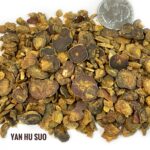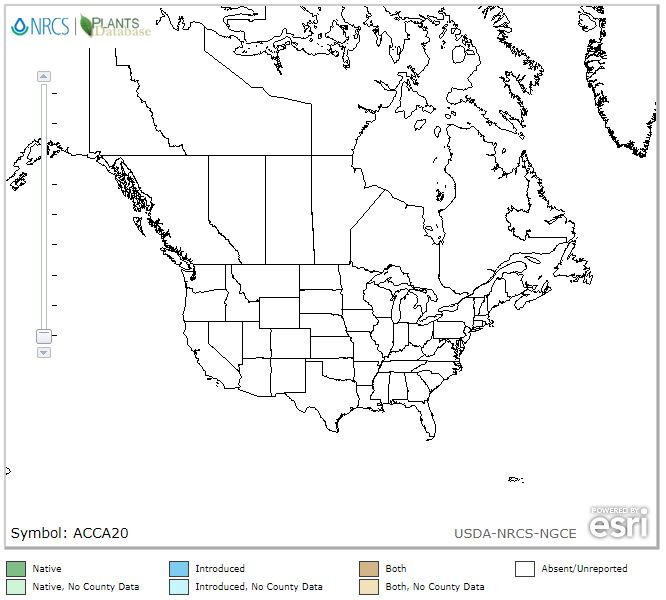Corydalis Rhizome, Yán Hú Suǒ, 延胡索, Rhizoma Corydalis
Disclaimer For educational purposes only. Do not use as medical advice
Space Space
Space USA: USDA Zones: Native: Habitats: Herbal medicine may interact negatively with pharma drugs and other herbs. Examples below: Herbs: Pharma Drugs:
Health Benefits
For:
Attributes:
Products (online examples)
Space
Space
Research (sample)
Articles:
Constituents:
Photos (Click to enlarge)
Fun Facts
Other Names:
Species
Growth
TBD
TBD
is not in the USDA Plant Database. Drill down via USDA Interactive Map:
Category: Regulate Blood - Invigorate
English: Corydalis Rhizome Pinyin: Yan Hu Suo Pharmaceutical: Rhizoma Corydalis
Organs: Liver • Spleen • Stomach • Heart Temperature: Warm
Taste: Acrid • Bitter Toxicity:
Patterns:
Actions: Invigorate blood • Move Qi • Relief pain
Indications: Blood stasis pain • Trauma • Qi stagnation • Dysmenorrhea • Chest pain • Bi syndrome • Excess pain • Hernia
Contraindications: Pregnancy
Typical Dosage: 4.5g to 12g Guidelines
Parts Used: Notable for: Treats Bi syndrome from qi and blood stagnation • Very effective for excess pain
Other:
Combine With
Purpose
Formulas with Yan Hu Suo
Ge Xia Zhu Yu Tang • Jin Ling Zi San • Shah Fu Zhu Yu Tang
Alert
Be cautions with all medicine.
Potential Drug Interactions
Information in this post came from many sources, including class notes, practitioners, websites, webinars, books, magazines, and editor's personal experience. While the original source often came from historical Chinese texts, variations may result from the numerous English translations. Always consult a doctor prior to using these drugs. The information here is strictly for educational purposes.



0 Comments